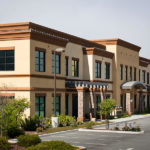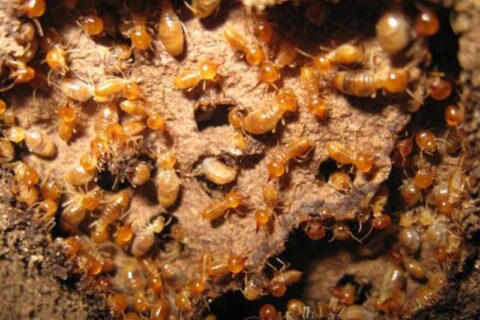Interesting Facts About Termites
Termites can be a major and costly problem for homeowners to address when they discover they have an infestation within their homes. One thing people need to remember is that termites have been around much longer than we have, and many of the areas where they build colonies have been overrun by humans. Really, it is not the termites’ fault someone decided to build a wooden home over their colonies and give them access to a 24-hour all-you-can-eat buffet line.
Only the “swarming” or alate termites can see. Both soldiers and workers are blind since they remain in the dark for the majority of their lives. As such, there is no need for them to develop eyes.
In nature, termite colonies serve an important role in helping maintain an ecological balance. They eat, digest, and break down cellulose fibers found in dead plants and trees. In fact, termites perform eco-friendly services by recycling dead and decaying wood and transforming it into nutrient-rich soil.
Termites’ movements and communications are controlled by pheromones. Each termite colony develops its own unique scents. There are different scents used to mark trails for termites to follow, as well as scents to communicate and control behavior within the colony.
Termites spend more time grooming themselves than you or anyone you know. Termites like to stay clean, even while they are performing their assigned tasks to support the colony. There are specific worker termites, whose primary responsibility is to groom the other termites, as well as themselves. Grooming is an essential part of survival for termite colonies, and it helps prevent harmful bacteria and parasites from infecting the colony.
Male “king” termites play an active role in reproduction and parental duties. The colony’s king helps rear the offspring until they are old enough to assume a role in the colony, aids in feeding, and serves to fertilize the queen’s eggs.
For more interesting facts about termites, or to request a free termite inspection of your home, call MightyMite Termite Services at 408-377-3761 now!








